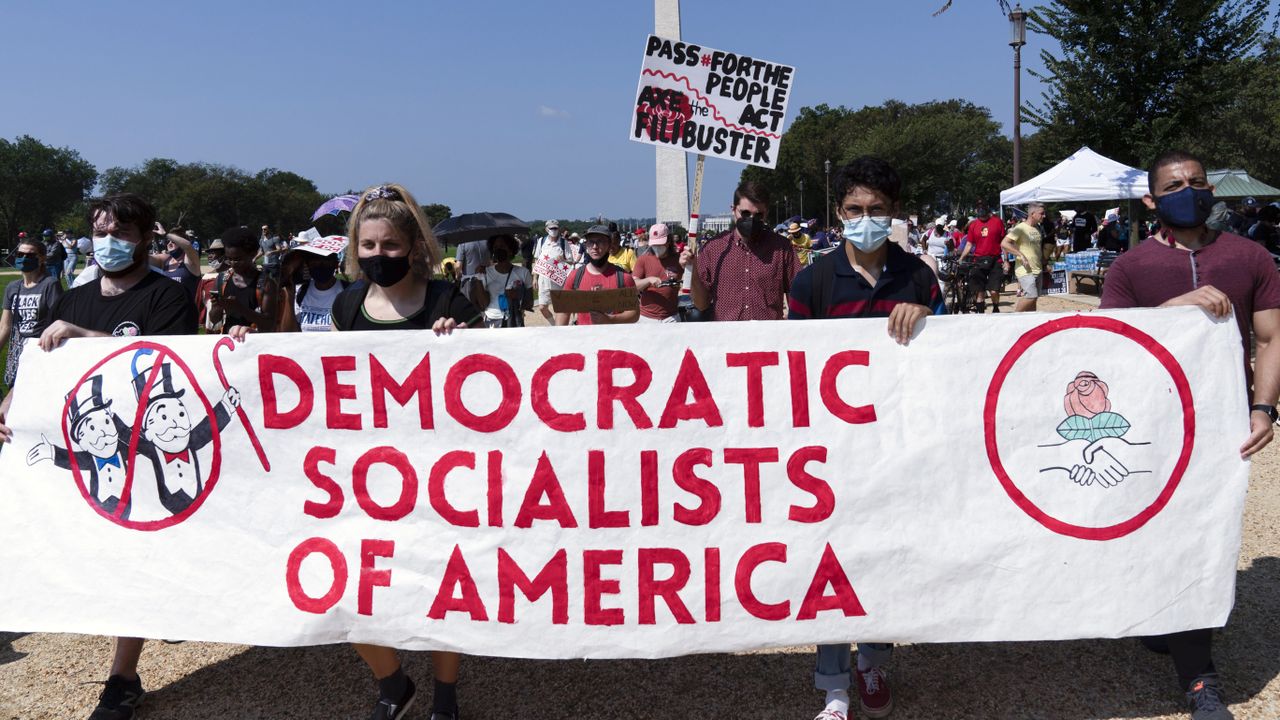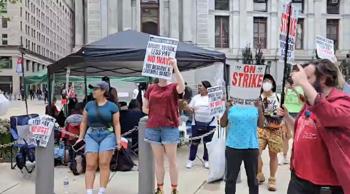Turning Power into Compromise Workers’ Strike Stalls After Momentum Collapses
A Bold Stand That Lost Its Edge
On July 1, 2025, nearly 9,000 municipal workers in Philadelphia—ranging from sanitation crews and crossing guards to 911 dispatchers and utility personnel—launched a major strike under AFSCME District Council 33. Their demand: at least 8% annual wage increases, improved healthcare, and stronger retirement benefits. In cities where the Democratic Party and budget-cutters joined forces, this action hinted at a larger showdown between working-class strength and political elites. Yet instead of growing, the strike stalled, petering out within eight days and concluding with terms nearly identical to the city’s initial proposal.Inquirer.com+14World Socialist Web Site+14Common Dreams+14
Union Bureaucracy Tightens Its Grip
As the strike gained traction, AFSCME’s leadership worked to contain it. Despite clear public support and escalating disruptions, negotiations steadily eroded workers’ leverage. Within just over a week, what began as a powerful statement ended in a disappointing settlement offering only 3% annual pay raises—far below the strike’s goals.World Socialist Web SiteBilly Penn at WHYYWorld Socialist Web Site
The Rank‑and‑File Movement That Could Have Changed Everything
During the strike, grassroots organizers formed an independent Philadelphia Workers Rank‑and‑File Strike Committee, calling for:
Strike pay increase to $750/week
An 8% annual wage raise
Solidarity actions across the city and nation
Their aim was to bypass union hierarchy and push for real gains.World Socialist Web Site+3World Socialist Web Site+3World Socialist Web Site+3World Socialist Web Site+1World Socialist Web Site+1Wikipedia+3WHYY+3World Socialist Web Site+3
DSA’s Role Raised Alarms Among Workers
Yet the local Democratic Socialists of America (DSA) chapter took a markedly different approach. Rather than amplify rank-and-file energy, DSA urged adherence to union leadership:
Supporting the official union chain of command
Discouraging political messaging or broader slogans on picket lines
Advising members to follow union reps quietly and avoid controversy
Internal DSA discussions acknowledged the settlement as a sell‑out, yet members were instructed not to voice opposition publicly.Labor Notes+15World Socialist Web Site+15World Socialist Web Site+15WHYY+2Inquirer.com+2World Socialist Web Site+2
By reinforcing union control and sidelining sharper critiques, DSA helped constrict the strike’s potential.
A Missed Chance for a Broader Movement
Despite initial strength and public sympathy, the strike ended with minimal gains. Without broader mobilization or sustained dissent against the bureaucracy, the opportunity to spark wider labor struggle evaporated. Meanwhile, the imposed contract left workers feeling shortchanged and disillusioned.Billy Penn at WHYY+1World Socialist Web Site+1World Socialist Web Site
Final Thoughts
This episode underscores a hard truth: solidarity grows from bottom-up action—not from deference to bureaucratic structures or political elites. The Philadelphia strike revealed how quickly a strong movement can unravel when leadership undermines it from within. Rank-and-file independence remains the only path to genuine worker power.


COMMENTS (0)
Sign in to join the conversation
LOGIN TO COMMENT